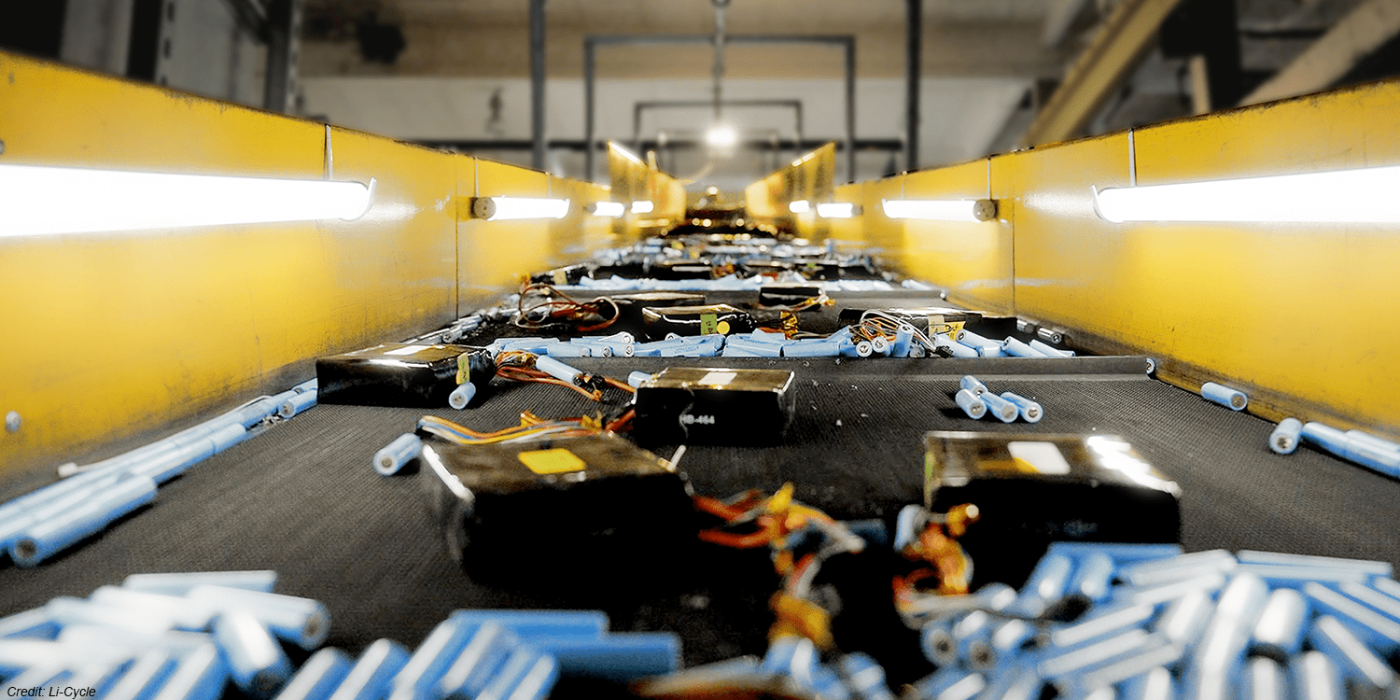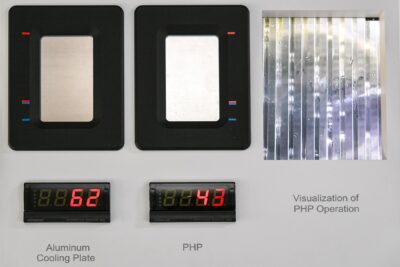EU Commission presents strategy to secure critical raw materials
The EU Commission is aiming for ten per cent of the EU’s demand for critical raw materials to be met from its own mining operations in 2030, 40 per cent from local processing and 15 per cent from EU recycling capacities. This was outlined in the newly presented ‘Critical Raw Materials Act’.
The document is a proposal for a law that is intended to ensure the EU’s future access to a “secure, diversified, affordable and sustainable supply of critical raw materials”, according to an accompanying Commission communication. For the electromobility market, the proposal is particularly relevant with regard to the value and supply chain for electric vehicle batteries.
In essence, the EU Commission is calling for local quotas for the mining, further processing and extraction via the recycling of critical raw materials. The benchmark is the total demand in the European Union. For 2030, the aforementioned 10 per cent from own extraction, 40 per cent from processing and 15 per cent from recycling are to be fixed. In addition, the EU should not obtain more than 65 per cent of its annual demand for a strategic raw material from a single third country in 2030. In this way, the Commission intends to reduce the hitherto very high unilateral dependencies, especially on China.
To implement these targets, the Commission is proposing a whole package of measures at various EU levels. The EU Commission plans to consider strategic raw material projects as projects in the public interest. As a result, strategic mining projects should be able to be approved within 24 months instead of the current timeframe of ten to 15 years. Projects in the processing and recycling sector are to be given the green light within 12 months.
The Commission is not yet specifying the details of this and the other measures mentioned. At the moment, it is mainly a matter of presenting the overall package. In addition to an updated list of critical raw materials, a list of strategic raw materials is to be drafted that will be exposed to “potential supply risks in the future”. The Commission also advocates the monitoring of critical raw material supply chains and the coordination of strategic raw material stocks between member states and wants to oblige “certain large companies” to audit their strategic raw material supply chains.
It also announces investment in research, innovation and skills in critical raw materials and emphasises environmental protection: “Improved security and affordability of critical raw materials supplies must go hand in hand with increased efforts to mitigate any adverse impacts, both within the EU and in third countries with respect to labour rights, human rights and environmental protection,” the Commission writes. In addition, member states are to follow suit by adopting national measures to improve the collection of waste rich in critical raw materials and ensure their recycling into critical secondary raw materials.
The legislative proposal will next be discussed by the European Parliament and the Council of the European Union. According to Commission President Ursula von der Leyen, the law will bring the EU closer to its climate goals: “It will significantly improve the refining, processing and recycling of critical raw materials here in Europe. Raw materials are vital for manufacturing key technologies for our twin transition – like wind power generation, hydrogen storage or batteries.” And, she said, cooperation with reliable trading partners around the world is being strengthened to reduce the EU’s current dependence on just one or a few countries. “It’s in our mutual interest to ramp up production in a sustainable manner and at the same time ensure the highest level of diversification of supply chains for our European businesses.”
The Commission is somewhat self-critical, calling for supply chain risks to be mitigated to improve the EU’s economic resilience, “as demonstrated by the post-Covid-19 bottlenecks and the energy crisis following Russia’s invasion of Ukraine”. Otherwise, the EU’s climate and digital goals would be jeopardised.
Elsewhere in its accompanying Communication, the Commission chooses even clearer words: “The EU will never be self-sufficient in supplying such raw materials and will continue to rely on imports for a majority of its consumption. International trade is therefore essential to supporting global production and ensuring diversification of supply. The EU will need to strengthen its global engagement with reliable partners to develop and diversify investment and promote stability in international trade and strengthen legal certainty for investors. In particular, the EU will seek mutually beneficial partnerships with emerging markets and developing economies, notably in the framework of its Global Gateway strategy”.
To this end, the Commission proposes a “critical raw materials club for all like-minded countries”. It considers as reliable partners states that are willing to “sustainably promote their own economic development through the creation of value chains in their own countries and at the same time secure,
Thierry Breton, Commissioner for Internal Market, calls critical raw materials “the new gas and oil”. He said: “Solar panels, heat pumps, electric cars, chips, pharmaceuticals, ammunition: raw materials are essential to technologies and products of strategic importance. Demand for these precious and scarce resources is increasing sharply, which has led to a global race for the new gas and oil at the heart of our economy. With this Act, the EU is upping its game in terms of extracting, refining, recycling and diversifying to ensure secure and sustainable access to critical raw materials.”
So-called ‘critical raw materials’ are in ever-increasing demand as a result of increasing digitalisation, the expansion of renewable energies and the transport transition. The green and industrial transformation depends significantly on the availability of lithium, cobalt, neodymium and other raw materials.
With reporting by Cora Werwitzke, France.





0 Comments